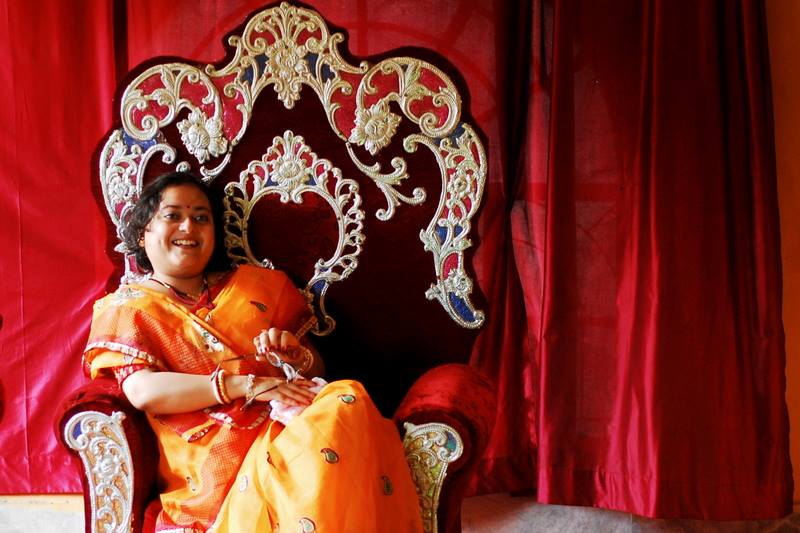
Lately, as a result of planning my wedding, there’s been a lot of talk among my buddies about what drives the expensive social conservatism we see during our various social and religious ceremonies in India. There is, of course, the cash-flashing, wealth-waving syndrome that leads to obscene shows of buying power, and the media-spurred my-fairy-tale-wedding delusion, but what spurs people with sensible plans and ideological commitments to chuck it all and take a nosedive into these pro forma spectacles of self-destructive wastage?
In a country like India, where power comes in many forms and from many different sources — age, caste, gender, class, senior social roles, perceived religious devotion, nobleness of profession — I’d say that, apart from the usual suspects, embittered failures in roles of familial power play an enormous role in enforcing socioreligious conservatism. This is not to say that successful people with genuine affection for their families cannot be socially conservative, but in the specific case of bitter underachievers, reverting to traditions crafted for the patriarchal family head in a very different economic era allows them, temporarily, to become directors instead of dependents. The more rules and strictures they reinforce, the more power and control they have.
Rituals and ceremonies are their particular triumphs, since during them, they can reduce their more successful kin to temporary penury (or close) by insisting things be “properly” done at enormous expense, almost none of which they bear themselves. The worst aspect of this entire situation, perhaps, is that we have an automatic pity-flavored weakness for the weak and dependent among us — and for these brief periods, give them free(ish) rein over our lives out of affection or sympathy or adherence to social hierarchy, not realising the undercurrent of malice that such indulgence feeds. Indeed, I would say that most people practicing such malice don’t realize they are being malicious either. They take their socially assigned roles seriously, and quite successfully hide their subconscious jealousy and vengefulness (even from themselves) by dressing them in the righteous garbs of culture, tradition, and propriety.
This is aided in Hindu society by a complete ignorance of what Hinduism accommodates and entails. A very practical set of scriptural directives have been drowned under a collage of folk practices over the centuries, and since firsthand knowledge of Hinduism requires actual scholarship — and a broad, receptive mind — most self-identified Hindus go with the flow of simplistic, homogenized inventions and outright aberrations, firmly convinced they’re treading the path of their ancestors a million times removed.
If today I get married and decide to serve roast beef and fried pork at the wedding feast, it would be an absolute phenomenon. I would find no caterers, people would nervously offer sorry excuses for not attending, and those who attend may think they’re being revolutionaries by breaking stupid “Hindu” rigor. But even for a few centuries after Buddha’s death, roast calves and fried pork were centerpieces of Hindu daily and ceremonial eating, in combination with deer, rabbits, boar, various birds, ghee, rice, barley, and honey-thickened, milk-based sweets. But I digress.
The point is, in a social system where there are competing structures of power, every time you mark a social milestone in your life — unless you have genuinely loving and/or sympathetic kinsfolk in positions of familial power, or people secure enough in themselves to either aid you or allow you the freedom of choice — be prepared to either incur considerable financial damage in the name of maintaining the social fabric or causing breaches in the family, for which you shall bear all the blame after you have spent a smaller — but still considerable — amount in marking the milestone anyway.
It’s called social living. Or the tyranny of the weak.
Priyanka Nandy works on structural inequities in public education and public health in India. She blogs at priyankanandy.com and photo shares everywhere.
- Follow us on Twitter: @inthefray
- Comment on stories or like us on Facebook
- Subscribe to our free email newsletter
- Send us your writing, photography, or artwork
- Republish our Creative Commons-licensed content

